It’s All About the Math when it Comes to Weight Loss
This post may contain affiliate links. As an Amazon Associate, I earn from qualifying purchases. Please read my disclosure.I’ve always been really into health/maintaining a healthy weight, and have been generally in a normal weight range my whole life. When I went to college I gained the dreaded “Freshman 15” and totally freaked out about my weight. I went through the whole “search for the perfect diet” to get back to my normal weight… and there were just so many out there I couldn’t figure out which one was the “right” one. A lot of them seemed pretty complicated too and restrictive.
Prior to my Freshman 15 fiasco, I never really knew what a “calorie” was. I knew that we learned about them in chem class… but that was the extent of it. Nutrition labels were also foreign to me, and I realized that the reason I had always been in a healthy weight range was because my parents never bought soda or junk food or anything like that – so I had very limited access to things that would make me put on weight. When I went to college, the cakes and cookies and late night oily pizzas runs ran amuck. And it all went to my thighs and my butt.
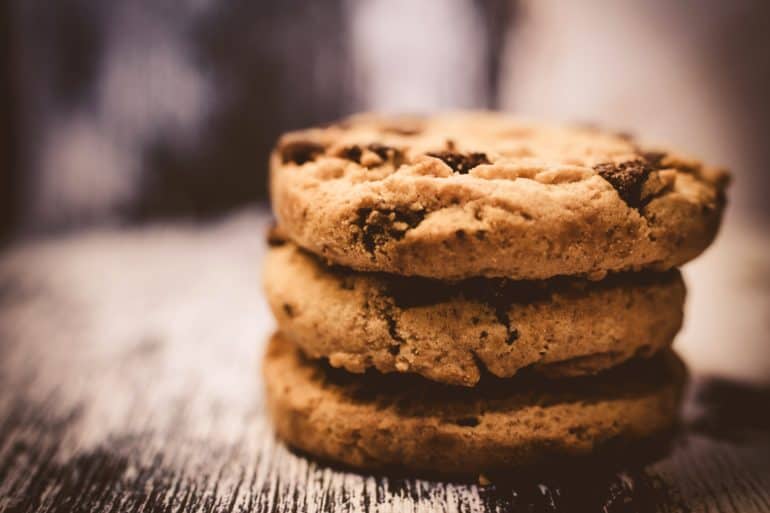
So – after my freak out, I started looking at nutrition labels to try to come up with my own “diet” plan… and much to my shock and dismay – those jumbo cookies that I was eating every night in college granted me an extra 500 calories a day! With 50% of those calories from fat! Yippee. Conversely, the whole wheat pita and 2 Tbsp hummus I had for lunch was only 200 calories…. with only 20% from fat. What a difference!
From then on, I made it my mission to read the calorie, fat, fiber, and protein info on every nutrition label for any product I consumed. I tried to be more conscious about my food choices – instead of having that whole 500 calorie cookie that was as big as my head, 1/4 of that cookie satsifed the craving and only cost me ~100 calories. As a result, I naturally lost the weight I had gained.
And then it hit me: It’s all about the math.
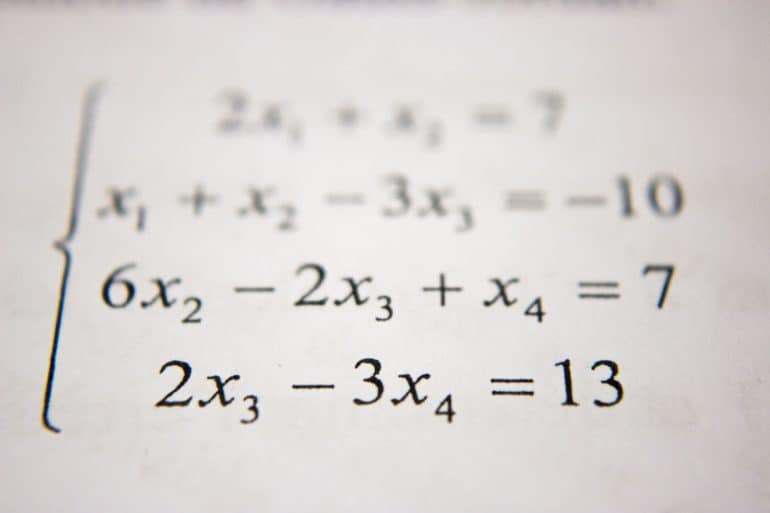
- If Calories In = Calories Burned, you will maintain your weight
- If Calories In < Calories Burned, you will lose weight
- If Calories In > Calories Burned, you will gain weight
Any diet plan out there that “works” only works because it restricts the number of calories you eat in different ways. The New York Times has a great article about this too. So basically, if you’re trying to lose weight or maintain your current weight – it doesn’t matter if you’re cutting out carbs or cutting out fat or going vegetarian. It’s just about cutting calories and exercising regularly!






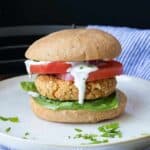


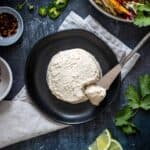







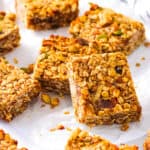




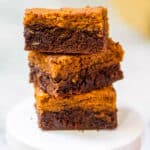






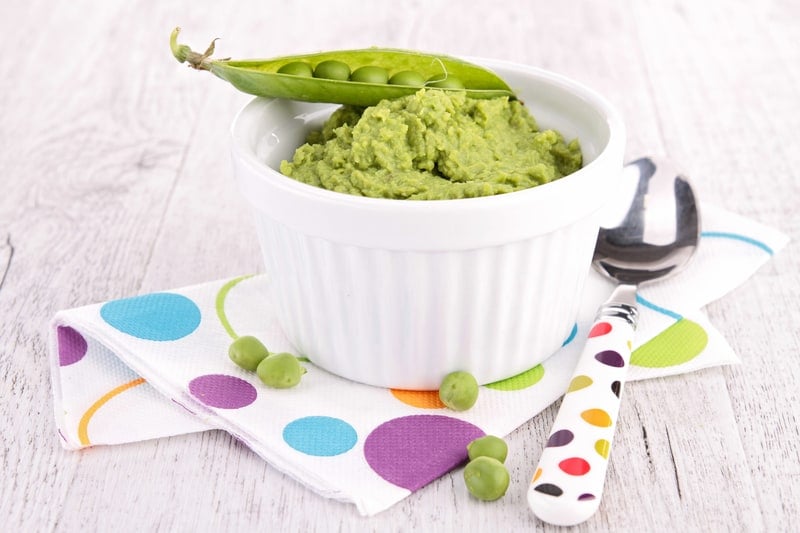
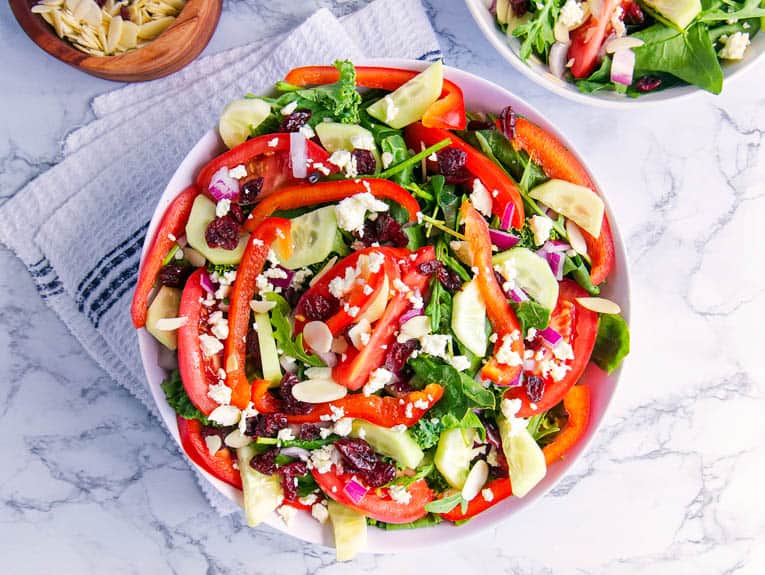


I agree with you, but I definitely think it’s a little more complicated.
A calorie is not a calorie. Eating 2,000 calories a day of cookies isn’t going to help you as much as eating 2,000 calories a day of balanced meals/snacks will.
I also think that there is an important distinction between eating healthy to lose weight and eating healthy to be healthy. For example, while a vegetarian diet might not help you lose weight in your “calories in/calories out” theory, it’s obviously a much better choice than eating tons of red meat if your goal is to have a healthy body in general (not to just lose weight).
I totally agree Miranda! You’re right that it’s much more complicated – while the fad diets out there go way too far in terms of restricting what you eat, you’re 100% right that 2000 calories of cookies a day will not be sufficient in keeping you healthy the way that 2000 calories of meals/snacks will. Thanks for bringing that up, I think it’s an important distinction to make!